
Academy
award winner Bill Condon has created musical magic!
Writing and directing a fabulous motion picture adaptation of
the Tony Award winning Broadway anomaly DREAMGIRLS,
he demonstrates an ease and passion for creating an inspirational
script that transitions beautifully from Broadway to the silver
screen. Condon however, is no
stranger to musicals. He is
the Oscar nominated screenwriter of another famous Broadway show
turned movie, CHICAGO
.
As
a longtime fan of DREAMGIRLS and having experienced the original
Broadway show directed by the late Michael Bennett, Condon expresses
a great devotion for conceiving powerful and accurate material that
will impact audiences with the same magnitude as the original play
did. DREAMGIRLS is a
compelling story of a singing group in search of fame, but no
journey to stardom comes without a price.
Friendship, love, sacrifice, heartbreak and betrayal all play
a significant factor as the girls attain their much desired success,
crossing over into mainstream
America
and breaking records with their landmark sound.
Their emotions are so effectively expressed through their
music that it makes you want to cry, scream and cheer throughout the
film.
See
what Bill Condon had to say last week about his personal experience
in making this film when I had the honor of sitting down with him to
discuss his upcoming electrifying film, DREAMGIRLS.
Bill
Condon

How
do you go from Gods And Monsters to Dreamgirls?
Well
there were few along the way (laughs).
Both had actual characters, right?
Did you really go see the Supremes when you were eight years old?
Yes.
I was growing up in Queens and Come See About Me had just
come out and they came to the
Paramount
. My father took me and
one of my sisters with him. They
had been together but it was within the first three months that they
had merged.
That had to be a sensitive child moment?
Yeah
it was. He (my father)
kind of got into it too. It
was nice, yeah.
What do you think it is about this 60’s girl group that speaks so much to
the gay culture?
First
thing, it’s all the glamour and all that.
I think the show got to the heart of something.
When you are in someway an outsider to society and you’re
breaking through those barriers, how much of your own identity do
you sacrifice or soften, or in your presentation in the world.
I think that’s something that speaks to gays specifically.
Why is everyone avoiding The Supremes question?
I
think originally when the show opened, it took place a just a few
years after the events were depicted and they were worried about
that. I think now
its clear. I don’t avoid
it because I think Dreamgirls the show was inspired by the Motown
movement and by The Supremes. It
should be acknowledged that it’s inspired by them and made clear
that it isn’t literally their story is always the trick.
It isn’t literally their story but there is no question that
when it came time to do their movie, it’s set in Detroit and it’s a
real tribute to those pioneers who changed the world.
What was the most challenging part in filming this?
I
would say the one that was personal heavy on my mind was And I’m
Telling You, because you can do everything right but if that number
doesn’t kill in every possible way, it’s so legendary on the stage
and it really has to be the high point in the film too.
So we didn’t shoot it until the very end of the show when
Jennifer could be as immersed as possible and all of us behind the
camera could be as well oiled machinery as possible.
And it was just making sure it worked I think.
How do you decide which parts of the film to be performed in music and
which to be in conventional dialogue?
What ingredients do you look for?
Whenever
emotions get heightened, it should be expressed musically.
So for example there was a new song called Listen that
Beyonce sings at the end of the movie.
That didn’t exist in the play, but it says to me that it
takes the whole movie for her to figure out that she’s betrayed her
dreams, and that Curtis has her in this cage, and when she does,
it’s a big thing. The
movie’s over when she leaves him.
In a way it starts when they bump into each other and it ends
when she leaves him. It
seemed to me crazy that that wasn’t musicalized when she finally
finds her own voice. So
that’s a ballad we added to the film.
You have to be selfless as the writer of a musical because
anything really good that you write should be given to songwriters
and put into songs.
It’s incredible the way you start with that one moment from What About
What I Need and it just keeps going.
She kind of moves from there.
You navigated that awkward moment really well.
There
are little kinks along the way where subliminally people do it and
you don’t notice but if you remember in the alleyway when Jamie
starts singing I’ll Get You All The Breaks You Need, that’s a purely
movie musical moment. It’s
in reality and he’s singing and moving kind of in a dance like way
but I think it goes by so fast that you don’t feel the pain of it.
But we had enough of those that by the time you got there you
felt….and also Effie doing it.
Again, Effie’s moments when speaking is not enough you know.
Can you imagine Effie’s dreams, suddenly you’re going to sing
back up and you’re all, including your own brother, are against you.
She has to sing. That’s
how you feel.
How
many times did you have to shoot Am I’m Telling You I’m Not Going,
to get it perfect and exactly the way you want it?
Well
it wasn’t so much that. It
was using a lot of different camera angles to make sure it could be
as exciting as possible. So
we did shoot it over a period of four days and Jennifer kept up that
incredible emotion during that whole period.
It was amazing to watch.
How did you cast her? What
did she bring to this?
You
know I thought she brought all the stuff that Effie needs that we’re
used to which is the incredible power of her voice, and dominant
personality and of course that amazing physicality, beauty but also
something extra which I thought you needed on film but something
original to her which is this great vulnerability you know.
You saw that underneath all that bravado there’s insecurity
too and I think that’s an important element that maybe hadn’t been
brought before in that character.
What do you think of this bizarre rivalry that the NY Post is trying to
create between Beyonce and Jennifer?
I
think it’s so crazy and you know what to me it’s a testament to what
Beyonce pulled off in this movie.
She had to go in the opposite direction.
She had to convince you that she was not that special, not
that beautiful, she’s the wallflower.
It’s hard and she’s got to be the person who takes the
longest to form. She
does it so beautifully but suddenly it’s like oh, like these
ridiculous things they were saying like her being an extra. It’s
not that. She played the
part so well you know. First
of all, it doesn’t refer to reality you know.
Beyonce knows the show so well; she knew exactly what she was
signing on for so I don’t know where you know…
What was your experience with the actual Broadway show?
I
was there opening night in the back row with some friends.
That’s the first time I saw it, yeah.
Again, the interest in the Supremes, the love of musical
theater and Michael Bennett, A Chorus Line, Ballroom and this was
his new show you know. So
a friend had gotten tickets. Actually
I remember another friend was cooking Christmas dinner that night
and we all went there and talked about it all night.
It was you know, an amazing thing to experience new.
Yeah that was the thing. There
wasn’t the Internet you know, and you didn’t know that there is a
song And I’m Telling You. You
just actually got to hear it fresh and it was what people expected.
Again, being in the back row and feeling the force of that,
and people cheering in the middle of it you know.
And then Bennett being so amazingly Bennett that he took away
the applause level.
What do you think of the idea of a filmable musical like between this and
Chicago?
I
think you just have to choose well.
You know, you have to really, really imagine it as a film and
think would it work because there are films, I think A Chorus Line
is on film. I think that
did not belong on film. It
takes place in a real time in that theater and that’s where it
belongs you know, but this, there’s such a long tradition of
backstage musicals in film and I really did refer back when making
this movie to the Bandwagon, Singing In The Rain, Love Me Or Leave
Me. You know films like
that do a lot to a story by a performance.
It seems as though Chicago focused a little more on casting great actors
and not just singers.
In
either case, you’re always going to have somebody stretching to
cover the other part. In
this case, there were a few like that.
You had to have people who could really kill these songs, not
just sort of get through them you know.
Would you do another musical film?
I
would love to do it once again.
Was Dreamgirls a musical that you have wanted to do for a long time?
Yes.
I never consciously imagined I could but it’s certainly
something I’ve thought about and always thought would make a great
movie.
Is this the first time you collaborated with Eddie Murphy and what was he
like to work with?
Yes!
It was great I mean he’s very shy you know?
I think that’s why he doesn’t do these things (interviews).
So that was a surprise but then that light goes and wow, it’s
an amazing thing to watch.
On the surface, there’s such so much different variety in the films that
you’ve made but there’s a similar undercurrent in all of them.
What’s the heart of what you look for in a project?
I
don’t know. That’s a
good question. It’s
totally instinctual. One
thing that I might say though is that I do enjoy theatrical
characters. Even Ben
Kingsley is a theatrical character.
He blossoms in the spotlight.
One thing I would love to do is a talking lyric movie.
I love those kinds of movies and I wish we would honor that
tradition a little more you know.
Is there another genre out there that you’ve never done before that you
would want to do?
I’m
not sure. I have to say
that I really, really have to say a really intelligent adult
thriller. When that
genre of film is done well, I think it’s really intriguing.
Do you think a black film should have a black director?
I
always felt that could have been an issue except for the fact that
this was a musical so it felt like the gay part took care of that in
a way. And in a strange way
you know, Dreamgirls was honoring the Motown tradition workmen and
now this movie is about Motown and Dreamgirls and as you say
Dreamgirls is iconic for blacks and gays you know.
But basically that’s sort of a good answer.
I do feel like in general part of the great thing about
writing and directing is that you do get to explore the world.
Musicals are more collaborative than other movies so having
someone like Jamie Foxx or Beyonce Knowles who know more about the
music business than I ever will know was invaluable but I understand
the question. I think
what it comes down to is whom do you connect to deeply what the
story’s about. I think
that goes beyond color certainly you know, or sexuality.


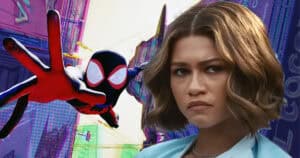
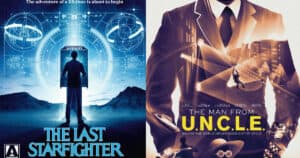

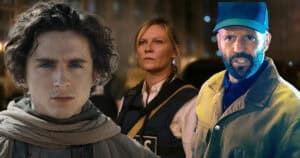
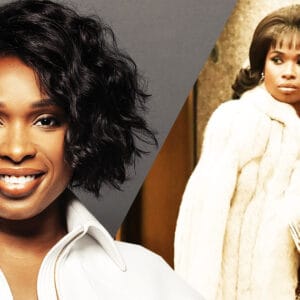


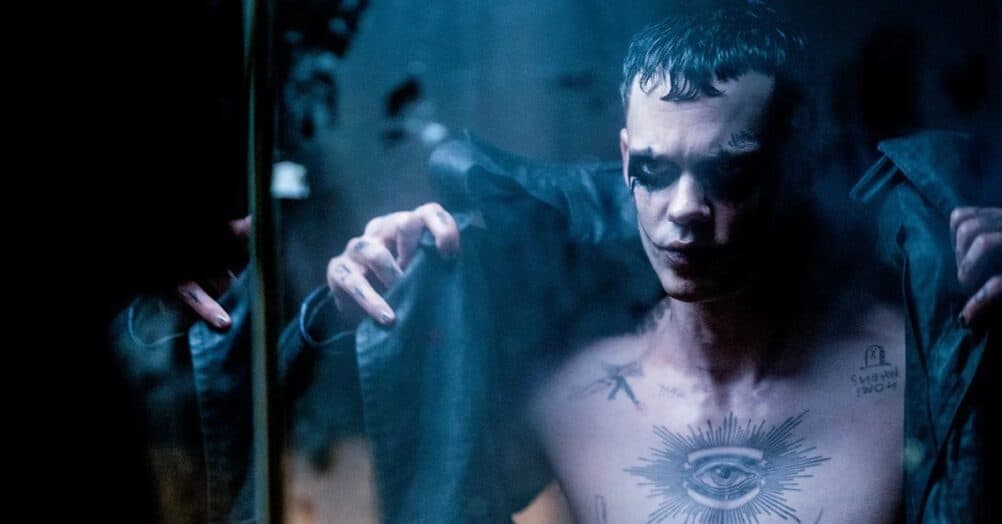
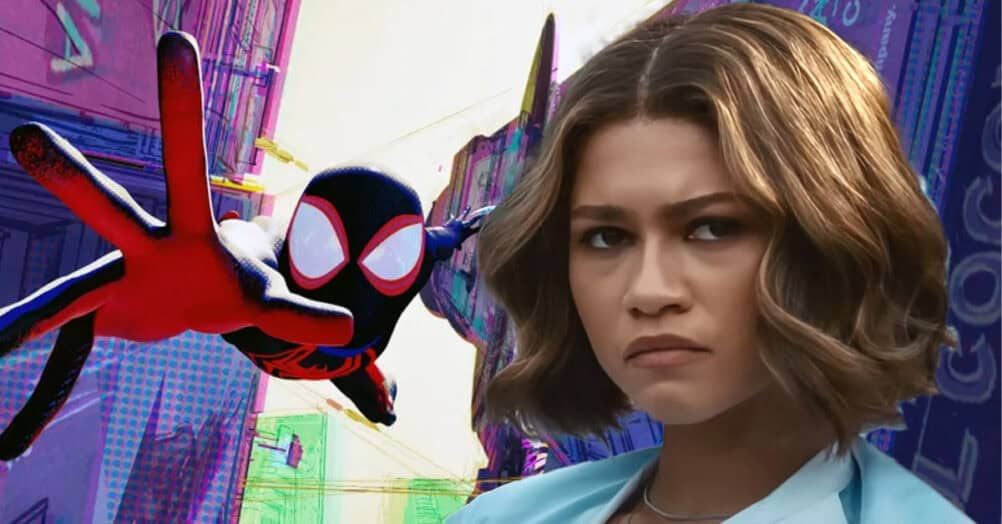
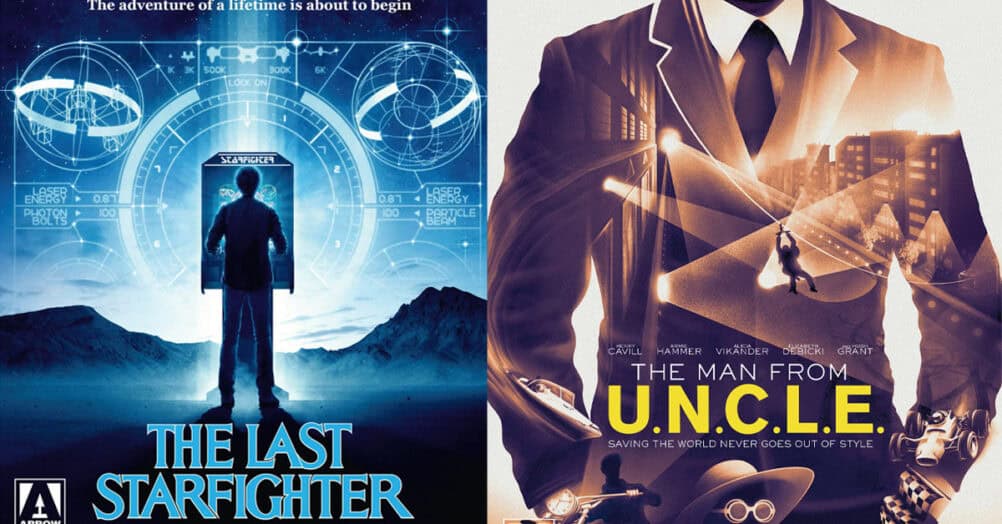
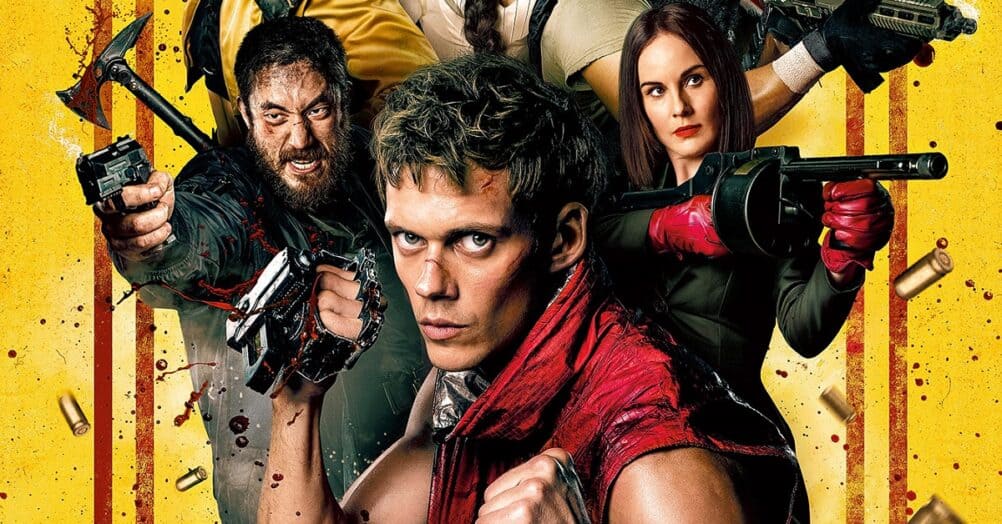
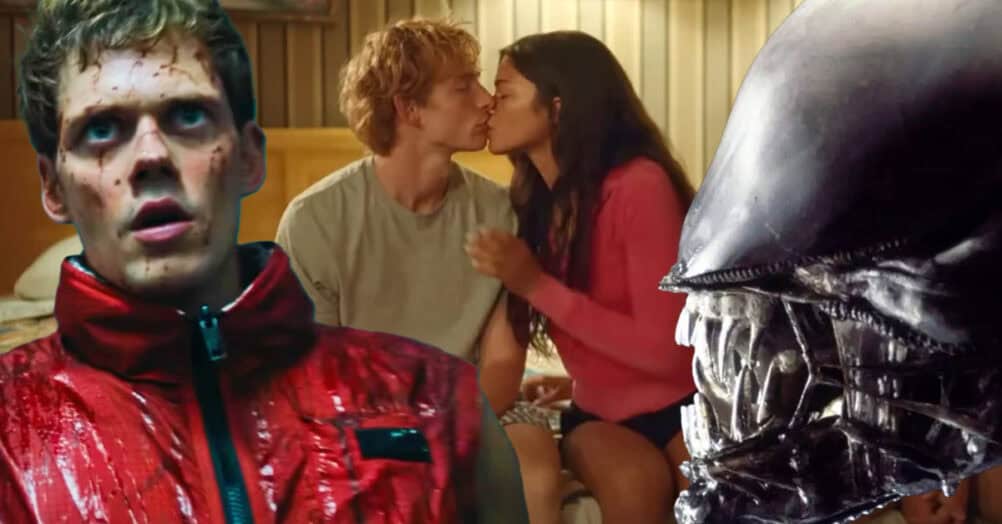
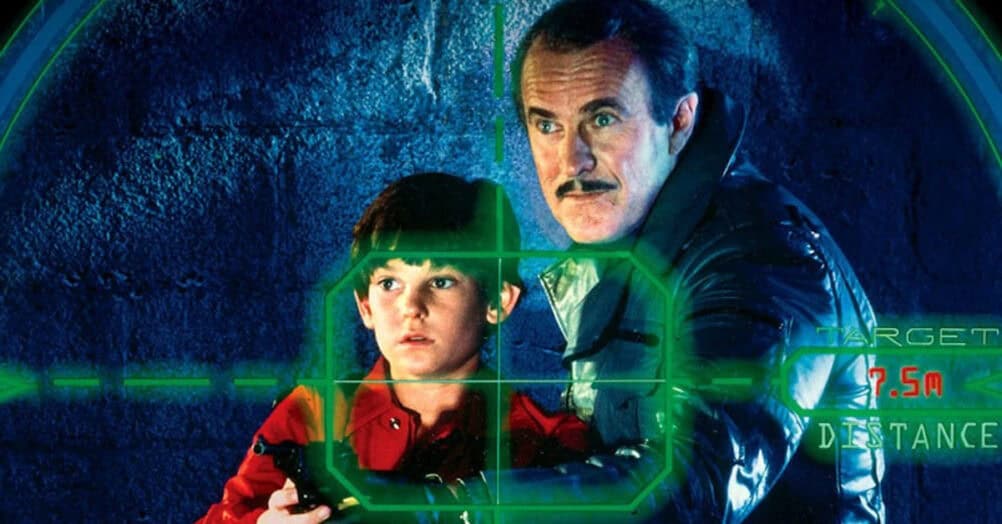
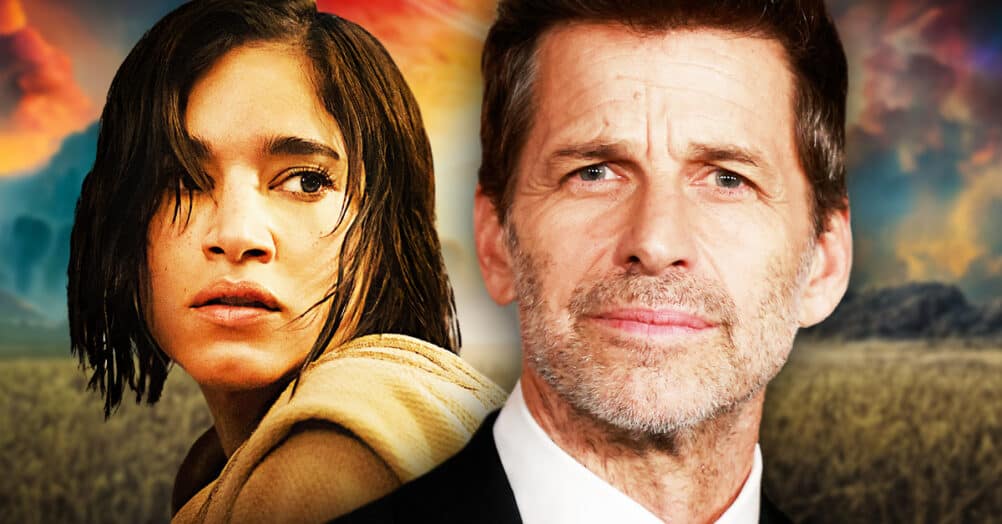
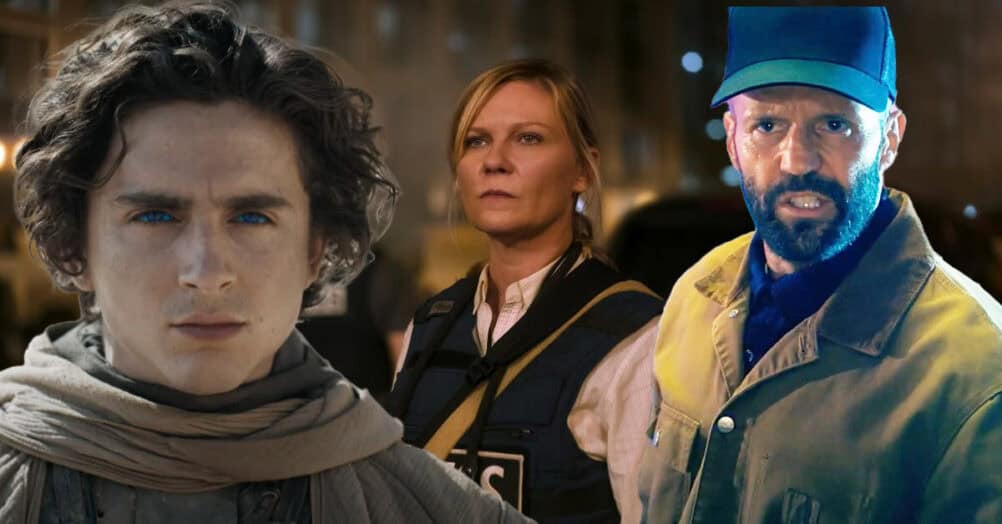
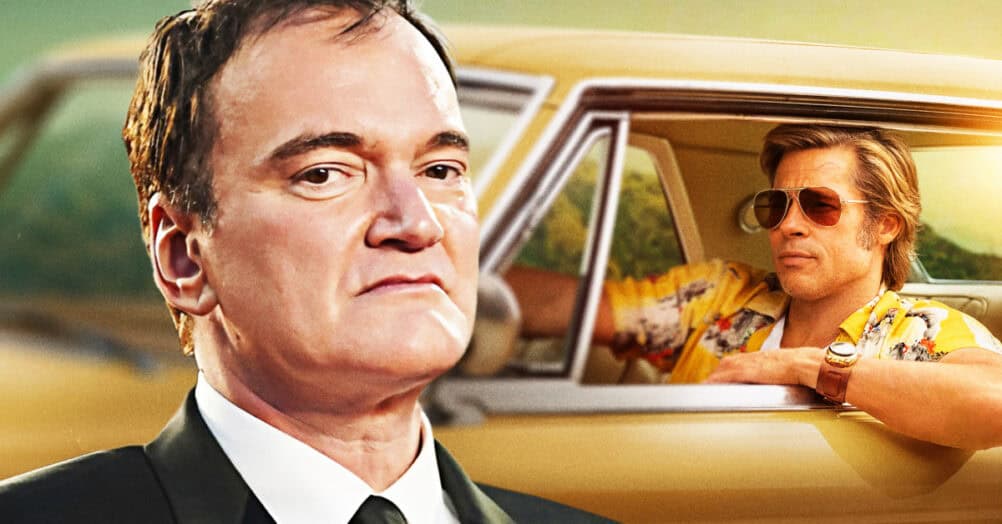
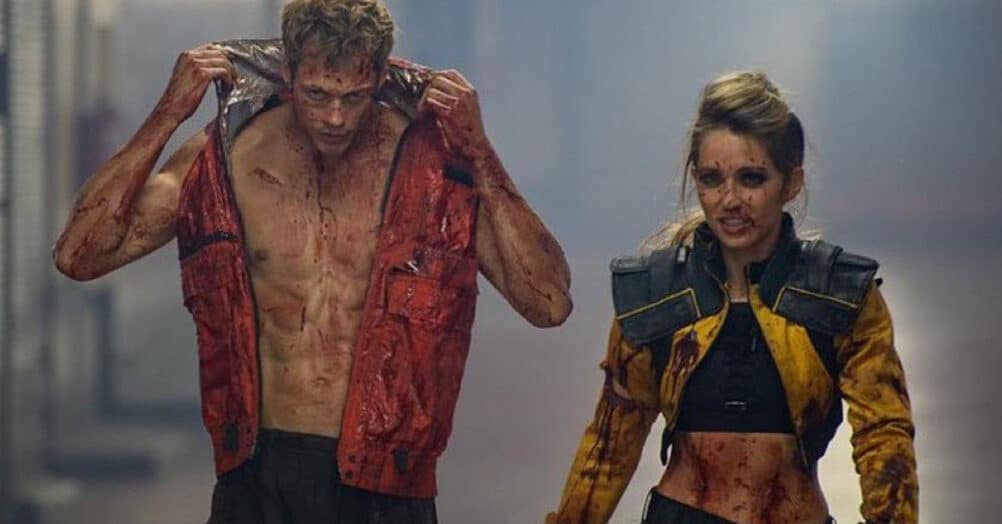
Follow the JOBLO MOVIE NETWORK
Follow us on YOUTUBE
Follow ARROW IN THE HEAD
Follow AITH on YOUTUBE